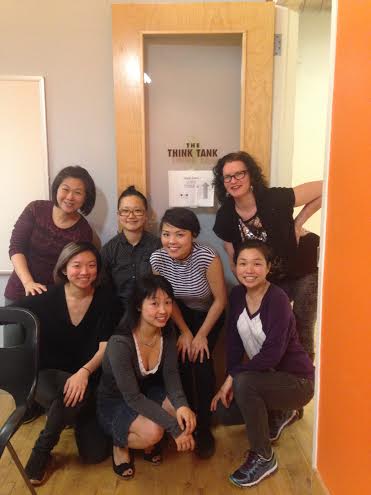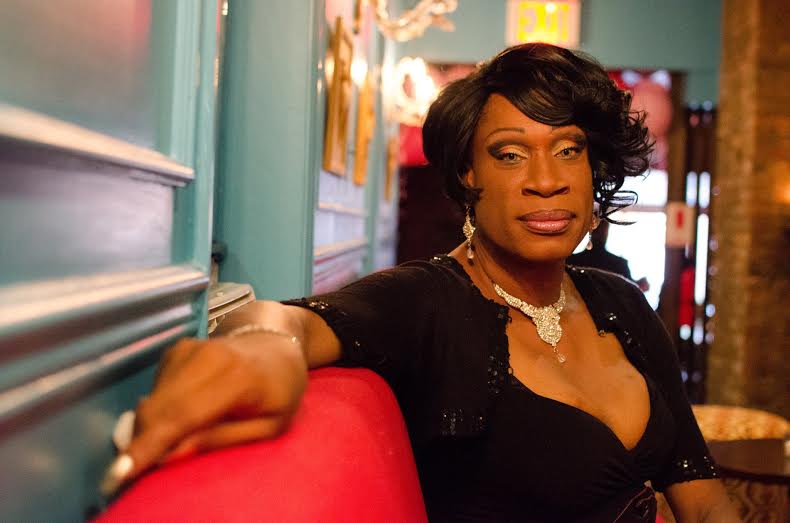Toronto’s Migrant Sex Workers Project, “a grassroots group of migrants, sex workers, and allies who demand safety and dignity for all sex workers regardless of legal status”, was co-founded last May by Elene Lam, Chanelle Gallant, and Tings Chak. Lam, who moved to the area from Hong Kong two years ago, saw a gap in local activism… Continue reading Activist Spotlight: The Migrant Sex Workers Project On Borders and Building Movements, Part One
Category: Activism
Activist Spotlight: Ceyenne Doroshow on The Red Umbrella Diaries, Recipes, and Resilience
Ceyenne Doroshow originally made a name for herself on stage as one of the seasoned performance artists and audience favorites of the Red Umbrella Diaries’ storytelling nights. She is featured as one of seven sex workers who tell their story on the newly released documentary The Red Umbrella Diaries, which will have its world premiere… Continue reading Activist Spotlight: Ceyenne Doroshow on The Red Umbrella Diaries, Recipes, and Resilience
Who Can We Trust? Vulnerability, Whorephobia, And Fundraising For Heather
One of the more difficult aspects of living as a sex worker is never knowing exactly whom you can trust. Sometimes even allies can say offensive things or break confidentiality. In the wake of such indiscretions, it’s sex workers themselves who are left to navigate that broken trust and the increased vulnerability that comes along… Continue reading Who Can We Trust? Vulnerability, Whorephobia, And Fundraising For Heather
Activist Spotlight: Pye Jakobsson On the Amnesty International Vote and Holding Allies Accountable
As the vote this weekend at the Amnesty International General Council Meeting in Dublin approaches on whether the human rights organization will adopt a draft proposal supporting the decriminalization of prostitution as policy, I spoke, via e-mail, to Global Network of Sex Work Projects (NSWP) President Pye Jakobsson on NSWP’s petition to Amnesty urging them… Continue reading Activist Spotlight: Pye Jakobsson On the Amnesty International Vote and Holding Allies Accountable
A Tale of Two Petitions: CATW’s Amnesty Open Letter Fail
On July 22, a long list of prohibitionists, working through the Coalition Against Trafficking in Women, released an open letter to Amnesty International as part of their long-running fight to stop them from officially adopting a pro-decriminalization of sex work stance. The letter urged the organization to vote against a draft proposal supporting decriminalization at… Continue reading A Tale of Two Petitions: CATW’s Amnesty Open Letter Fail




